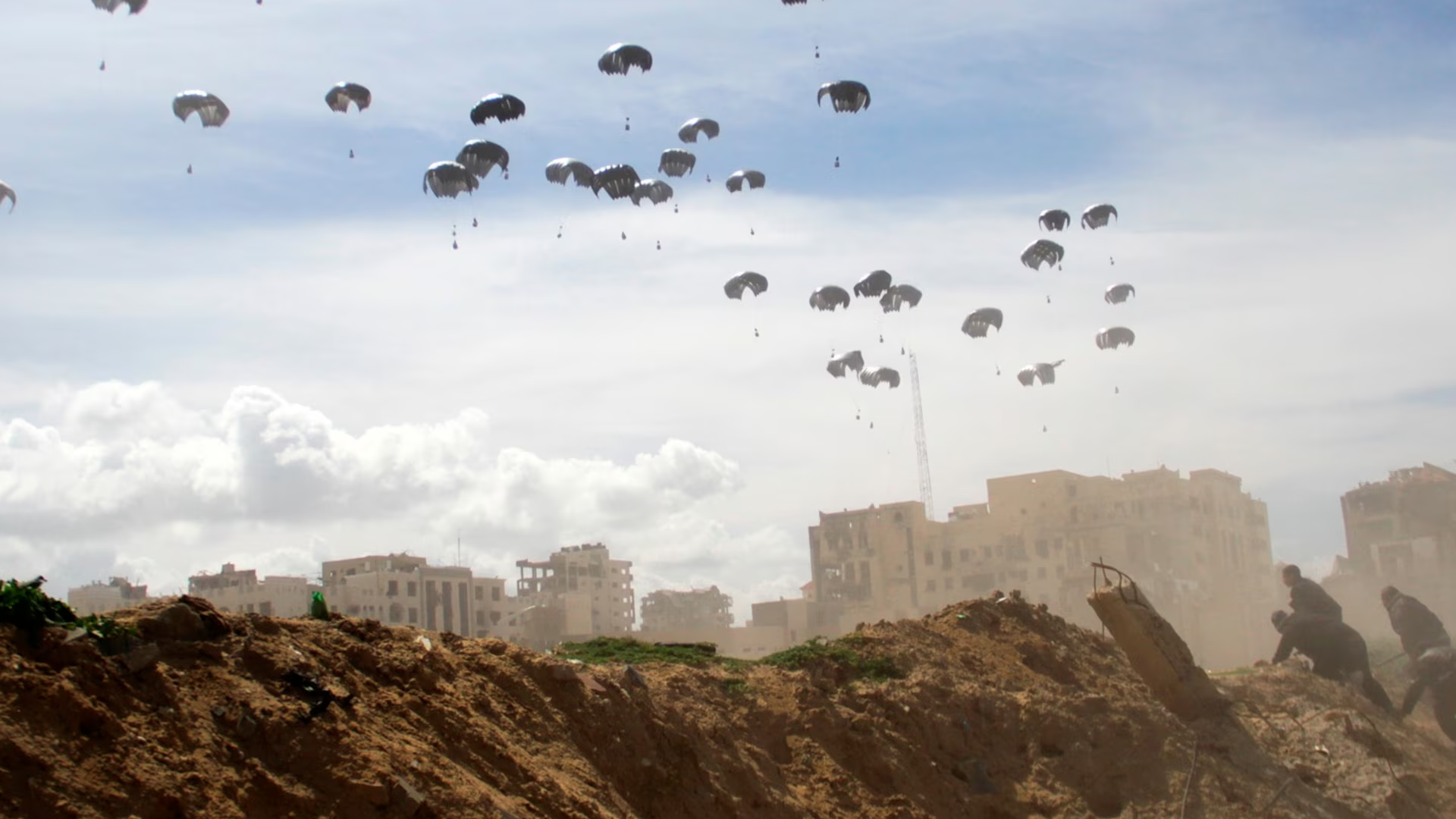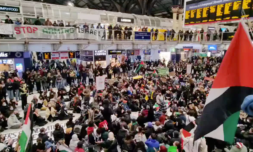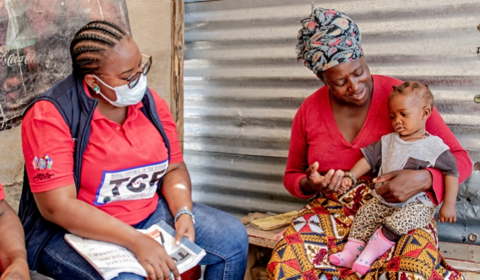As many as twenty-five NGOs have criticised aid packages being airdropped into Gaza. They say these efforts are creating the ‘illusion that they are doing enough’ rather than calling for an immediate and permanent ceasefire.
As a devastating humanitarian crisis continues in Gaza due to Israel’s near six-month war on Hamas, countries have begun airdropping and sailing in aid packages containing medical supplies and food to 2.3 million Palestinians.
These delivery methods are essentially a last resort, as Israeli soldiers have been blocking aid convoys at national borders and firing artillery at trucks with an array of supplies moving into Gaza. Israel, however, continues to place blame on UN agencies for the delay.
Earlier this month, the US dropped its first round of aid packages from the air. Videos of Palestinians running in their droves towards the lifesaving packages were posted across social media.
view on the ground when intl aid dropped from the sky in gaza pic.twitter.com/RDT03YKvek
— ian bremmer (@ianbremmer) March 8, 2024




















